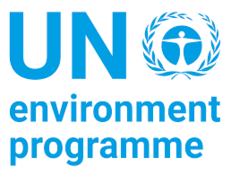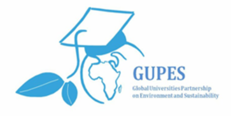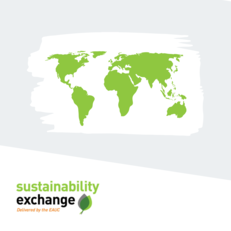International
The role of education is to be a foundation and driver for building a sustainable future. Following the Decade of Education for Sustainable Development, educators must unite and commit to deliver the UNESCO Education for Sustainable Development Global Action Plan and the UN Sustainable Development Goals.
Working closely with our international partners, we bring together resources from HE and FE institutions worldwide. The partnerships provide the opportunities to radically increase sharing between the Southern and Northern Hemispheres to enrich the understanding of what sustainability means for an educational institution.
With the United Nations Environment Programme (UNEP) and the Global Universities Partnership on Environment and Sustainability (GUPES), we bring the latest news, resources and case studies across the world.
“Universities and colleges have to take the lead on a global scale to ensure our students have the skills and knowledge to ensure a social, economic and environmentally responsible future for us all,” Iain Patton, CEO, EAUC.
The Platform for Sustainability Performance in Education joins organisations which have created sustainability assessment tools designed for universities and colleges based worldwide.
Along with our sister organisations, AASHE (USA) and ACTS (Australasia), we are dedicated to sharing the knowledge and experience of education institutions. For instance, the International Green Gown Awards are testament to this as they celebrate good practice across scales and borders to demonstrate the real potential of good sustainability practice in the sector.







 Except where otherwise stated, content on this site is
licensed under a Creative Commons Attribution 3.0 License.
Except where otherwise stated, content on this site is
licensed under a Creative Commons Attribution 3.0 License.
